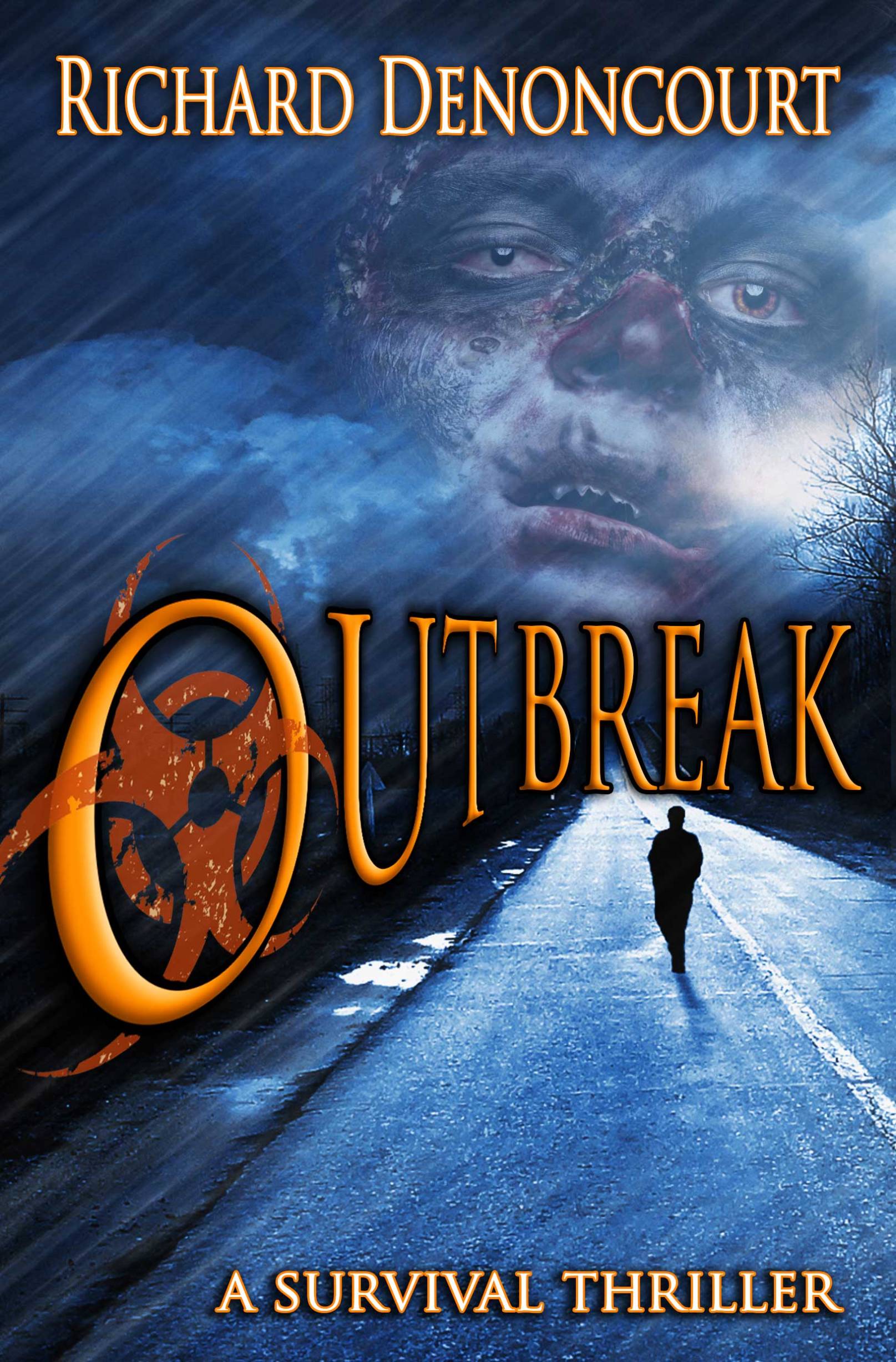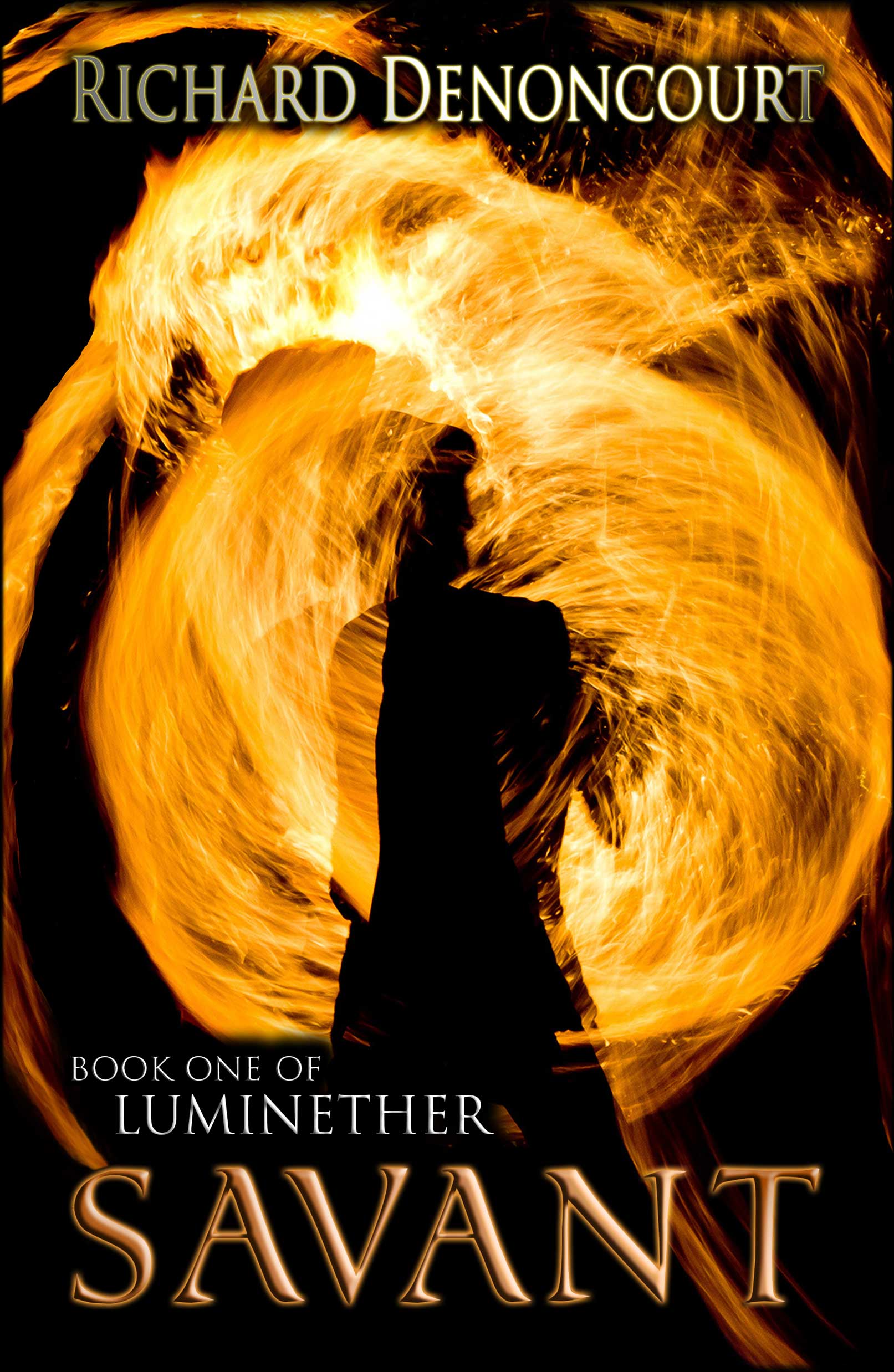 I’ve been at this self-publishing thing for a year and a half just about, and it’s been one of the most expensive, time-consuming, and anxiety-ridden journeys I’ve ever undertaken. I’ve spent anywhere from $6,000-8,000 out of pocket to put my work out there in a form I could feel proud of. I didn’t need to spend that much, but I was a newbie with no idea what I was doing.
I’ve been at this self-publishing thing for a year and a half just about, and it’s been one of the most expensive, time-consuming, and anxiety-ridden journeys I’ve ever undertaken. I’ve spent anywhere from $6,000-8,000 out of pocket to put my work out there in a form I could feel proud of. I didn’t need to spend that much, but I was a newbie with no idea what I was doing.
Then I started seeing what worked and what didn’t.
I published my first novel, Trainland, last March of 2012 and spent months watching my sales go from 0 to 5, then 0 again, then maybe 5 or 10, and then 1 or 2 again. Those were monthly sales. I think I sold around 50 books in the entire year of 2012. At the time, Trainland and my collection of dark short stories, Peltham Park, were the only two books I had for sale.
Now, three novels later, I’m earning an average of around $1,300 per month. This past August, I sold 619 books. Not a staggering amount, but the two best sellers, Ascendant and Savant, (which account for 85% of sales) are priced at $4.95 with a 70% royalty rate, which means I was able to net $1,600 in August alone. That’s up from around $900 in July, a month after I published the two big ones. (UPDATE: Prices may have been lowered for marketing purposes).
And you know what? The hard part was writing the novels and honing the craft. But publishing them and selling copies? It’s not too difficult when you understand which mistakes to avoid and which guidelines to follow.
Here’s what I hold to be the most important lessons I’ve learned about indie book publishing, and I’m going to be incredibly blunt. No sugar coating. (more…)







